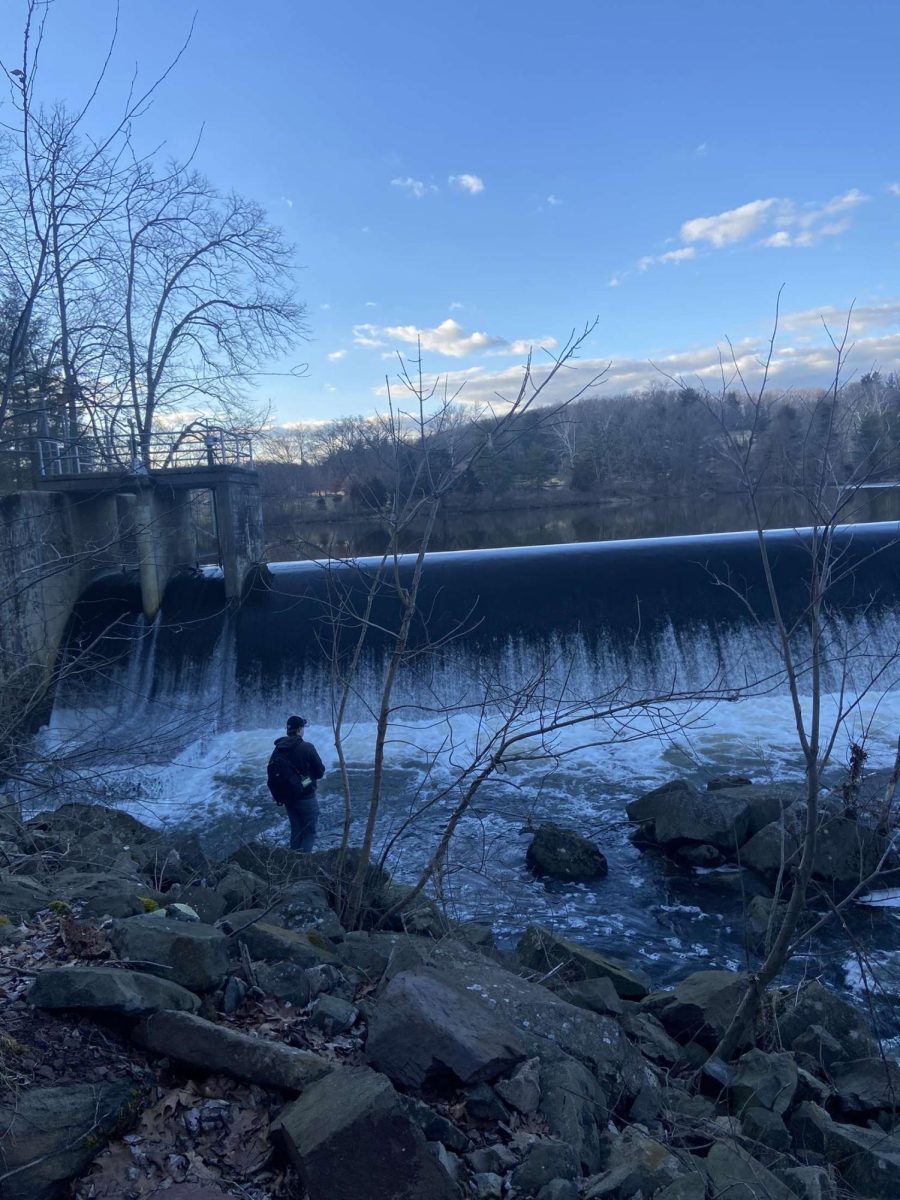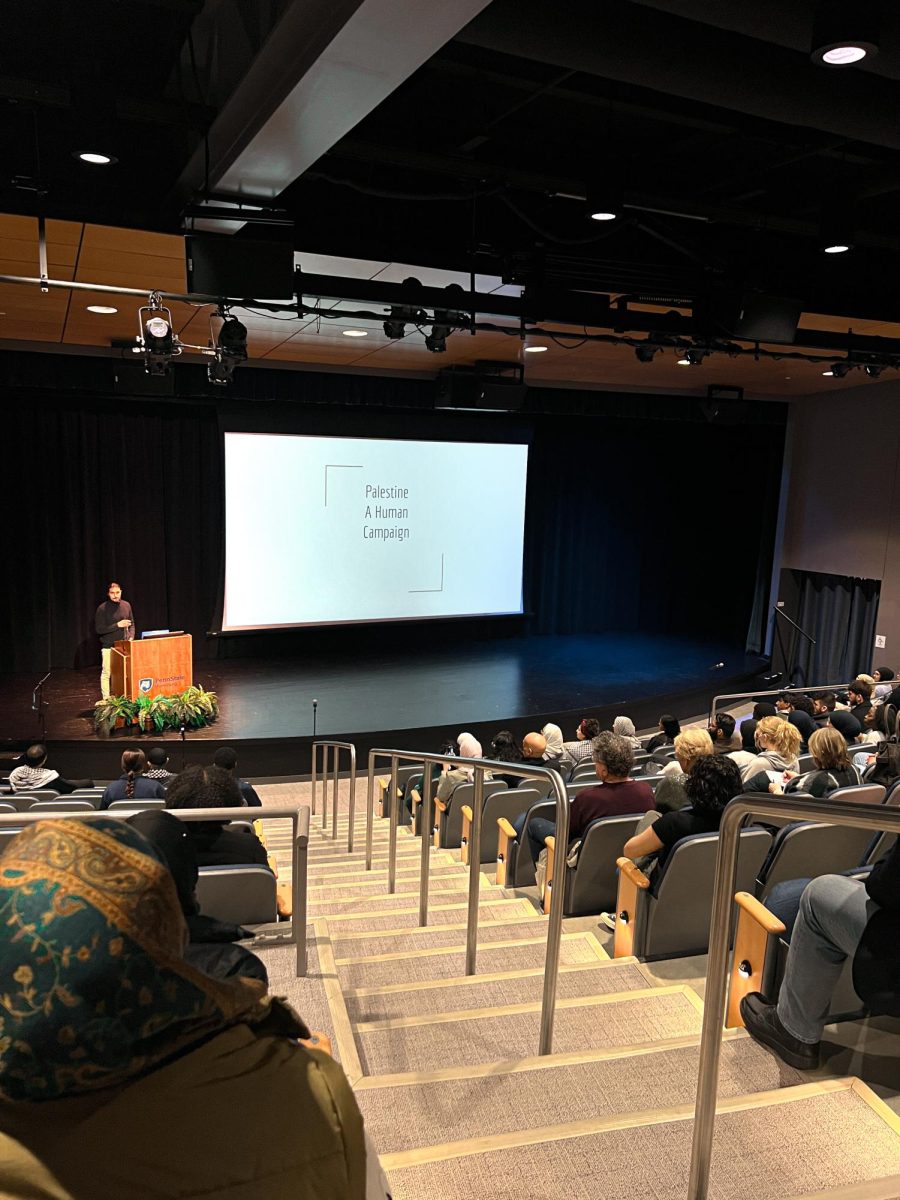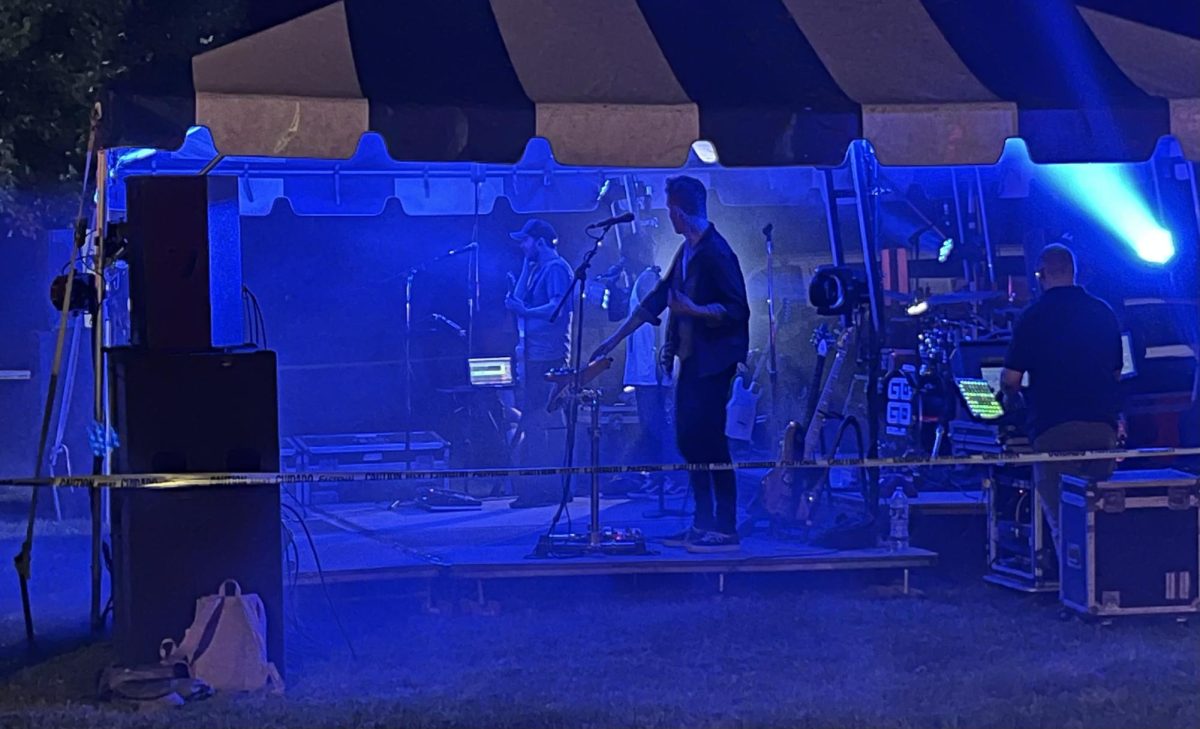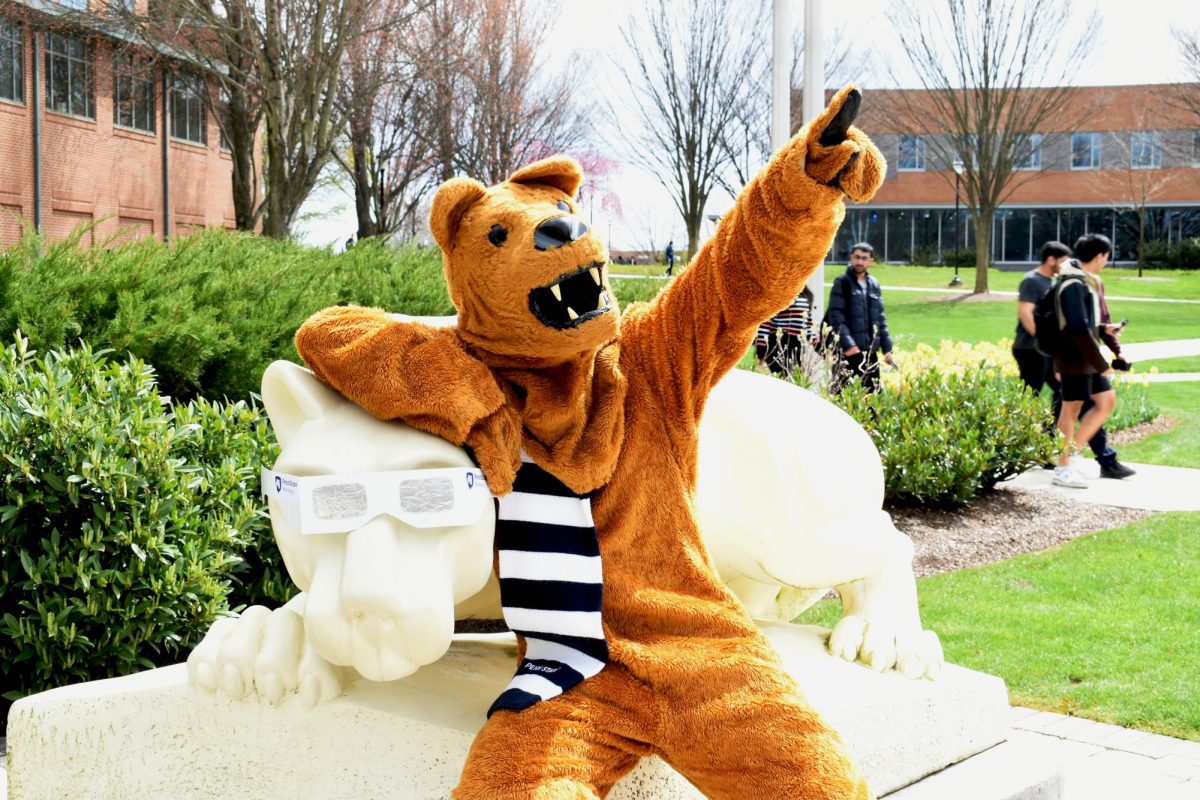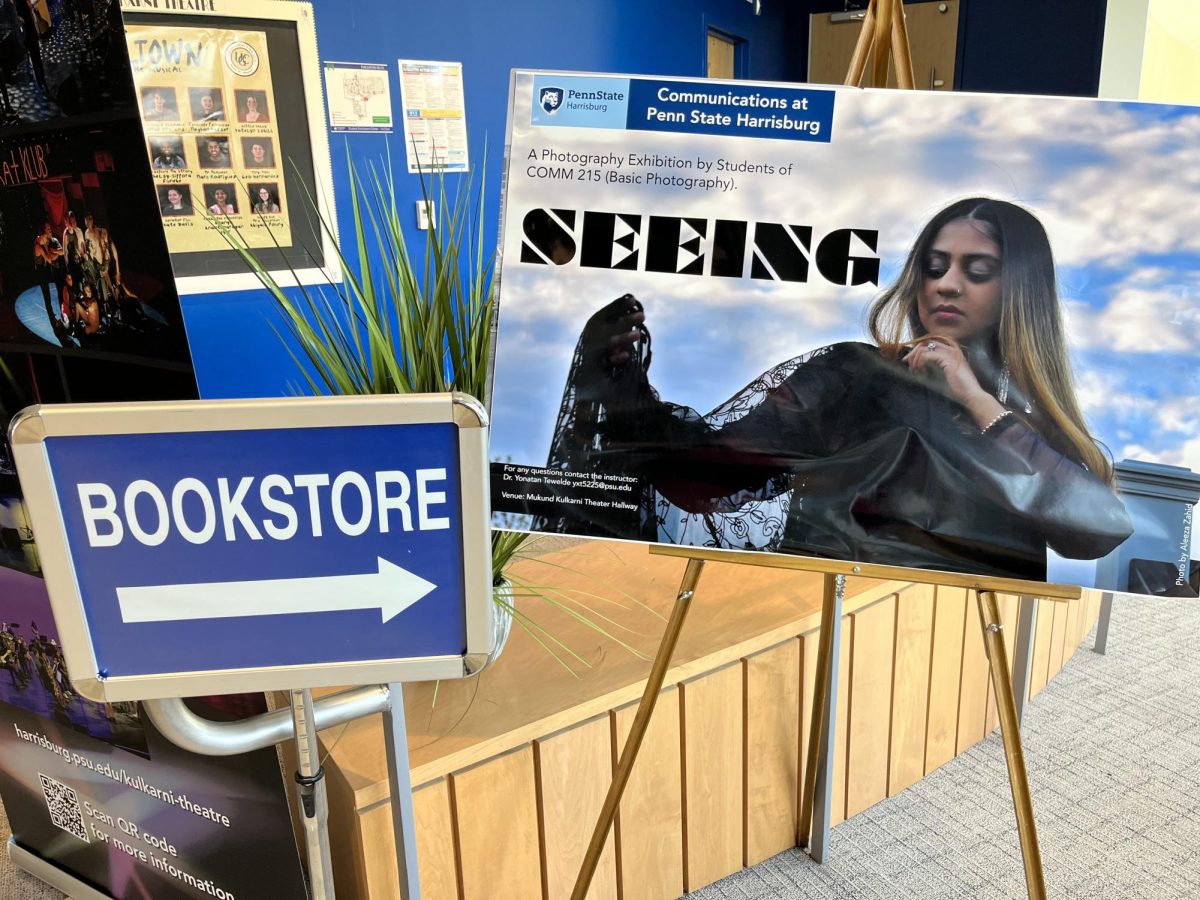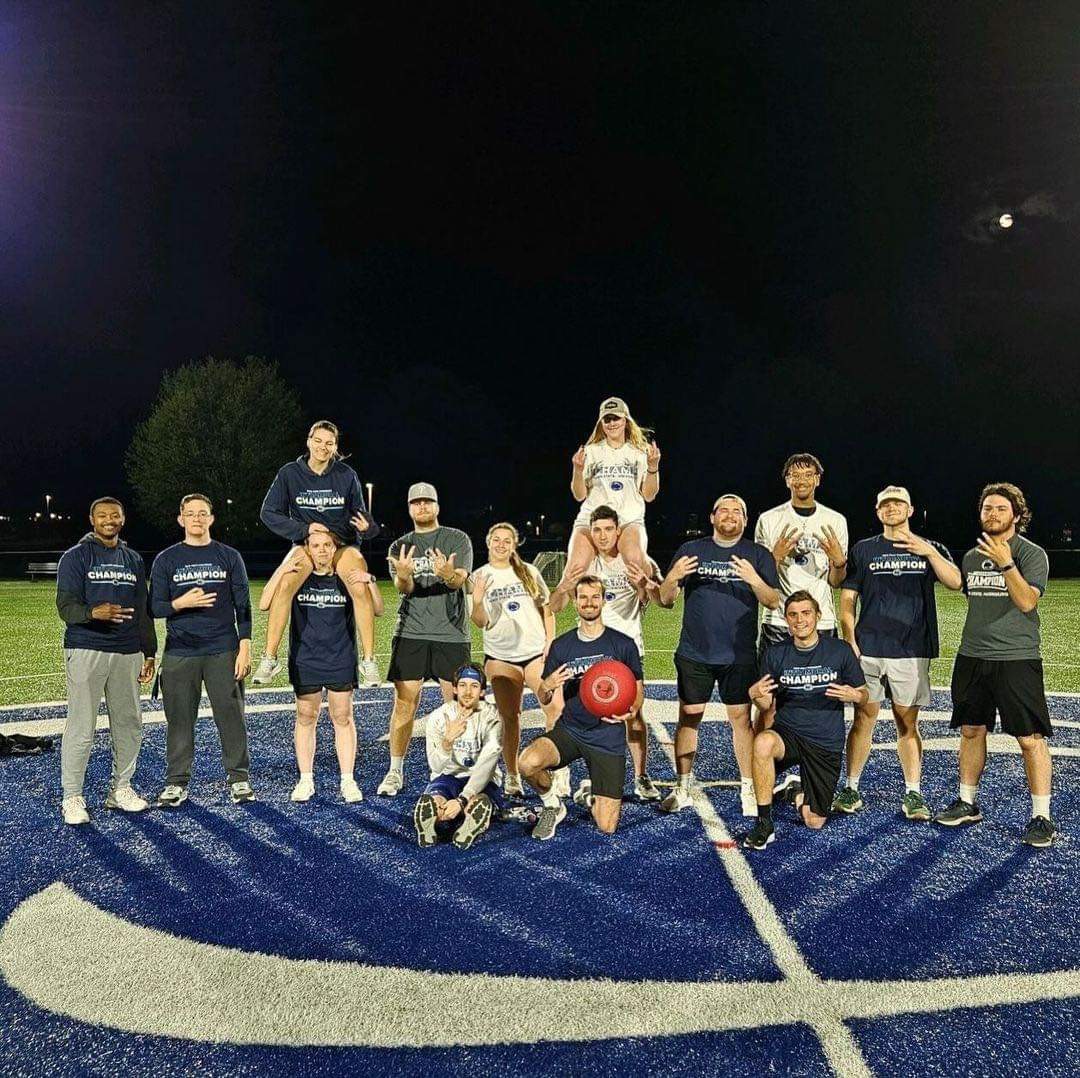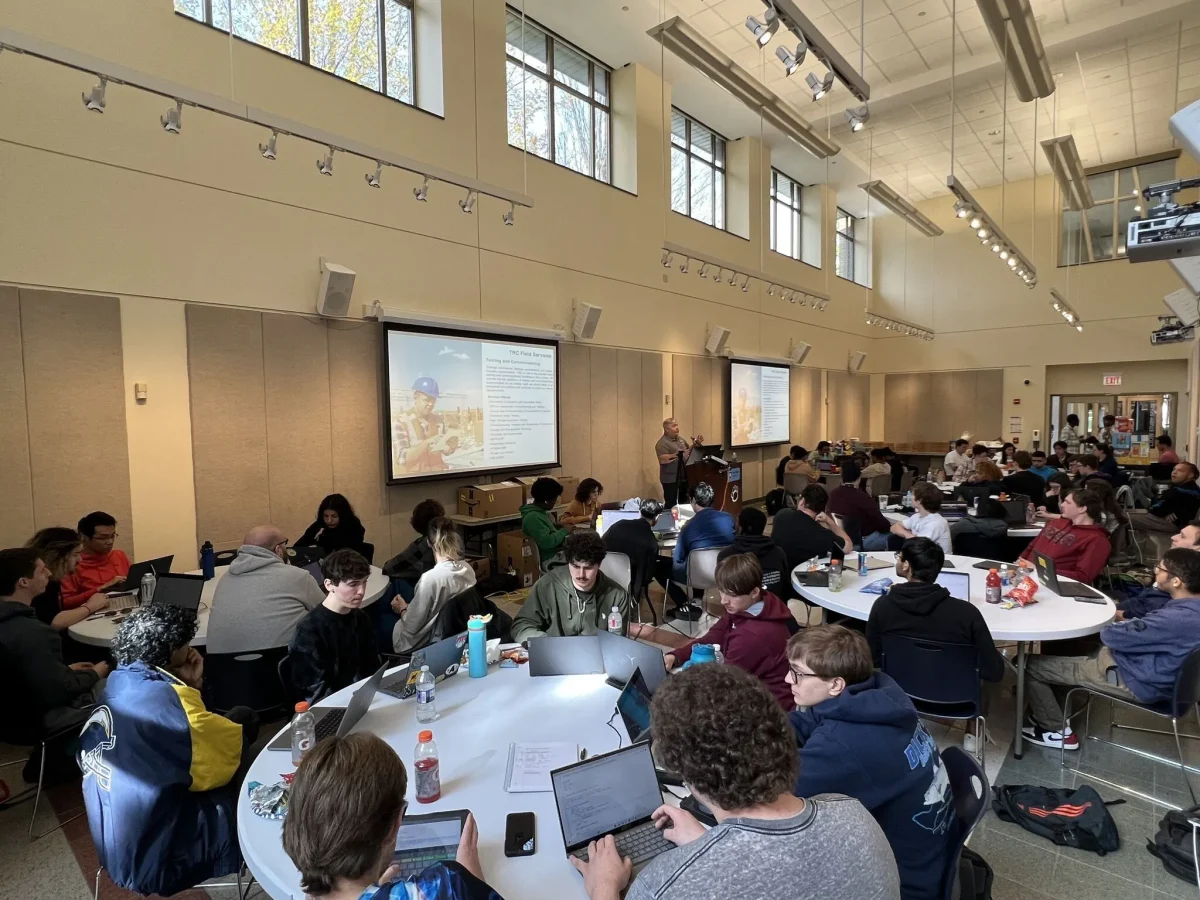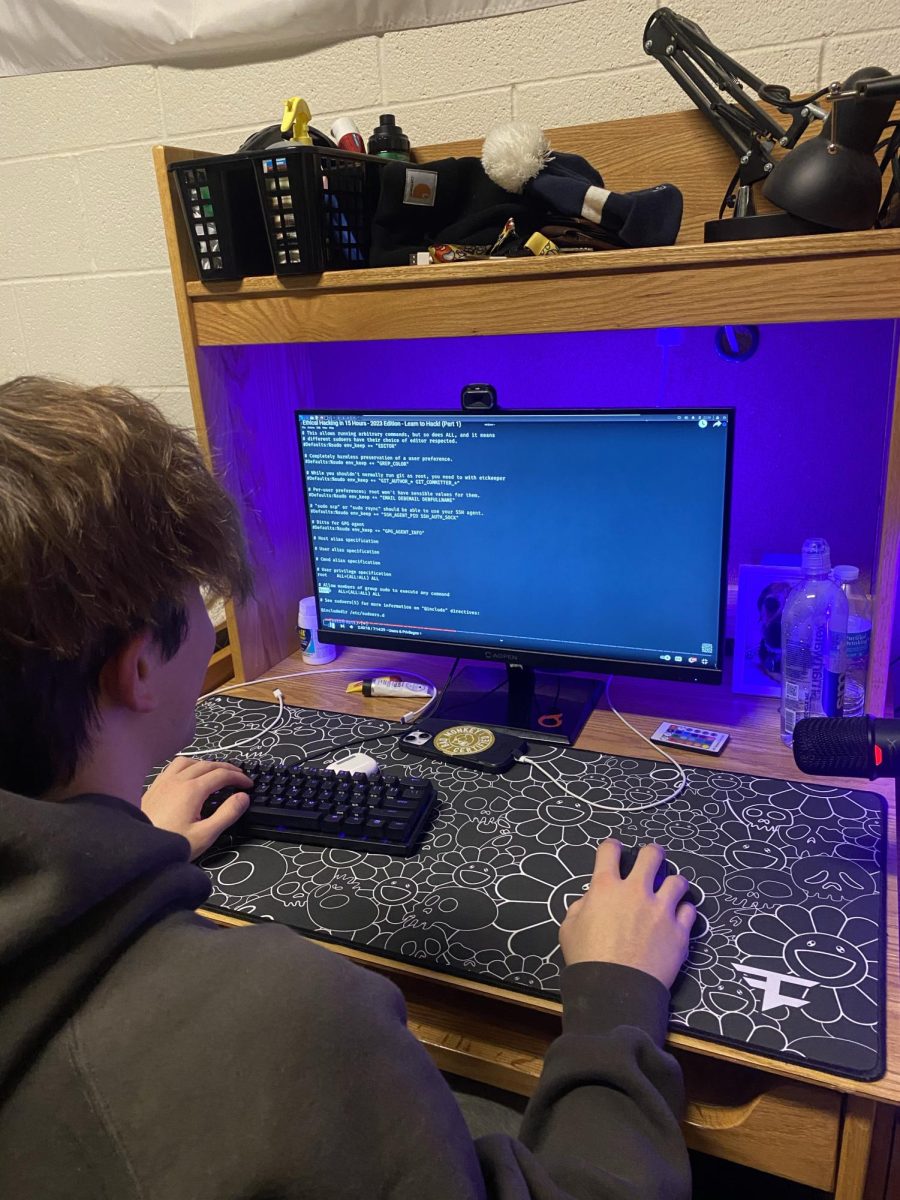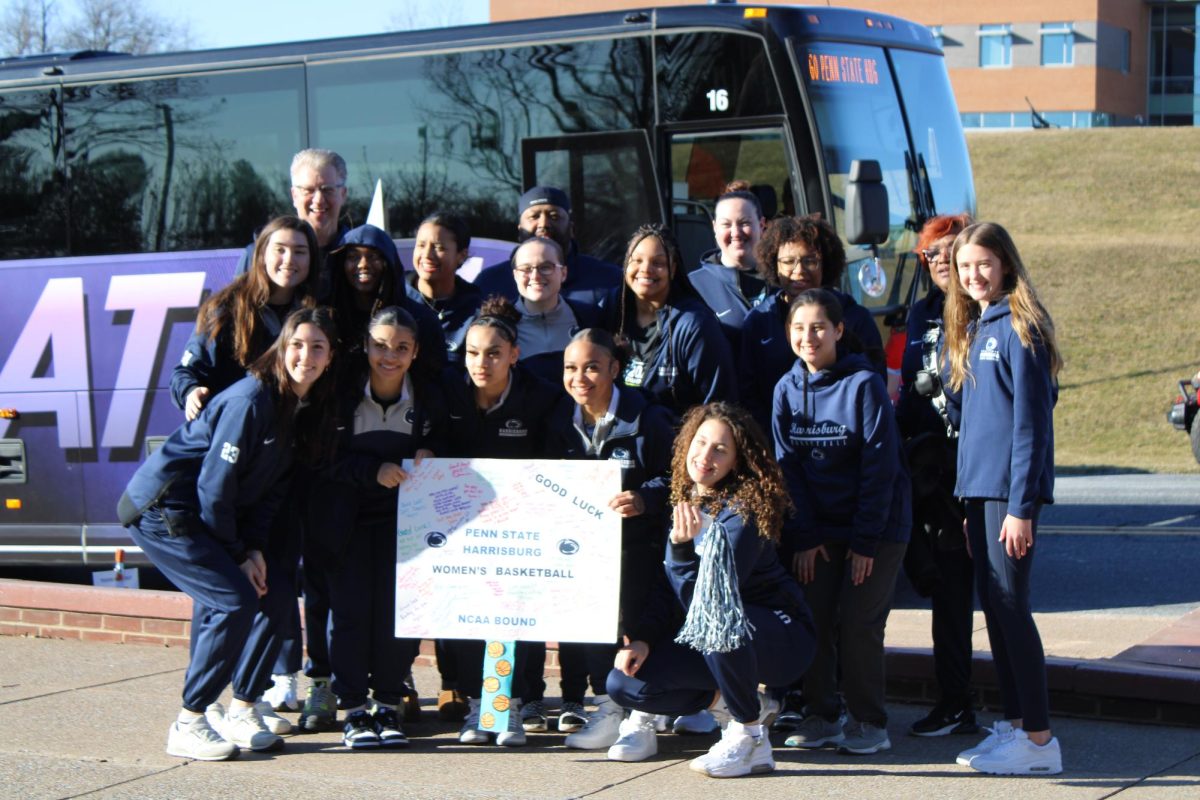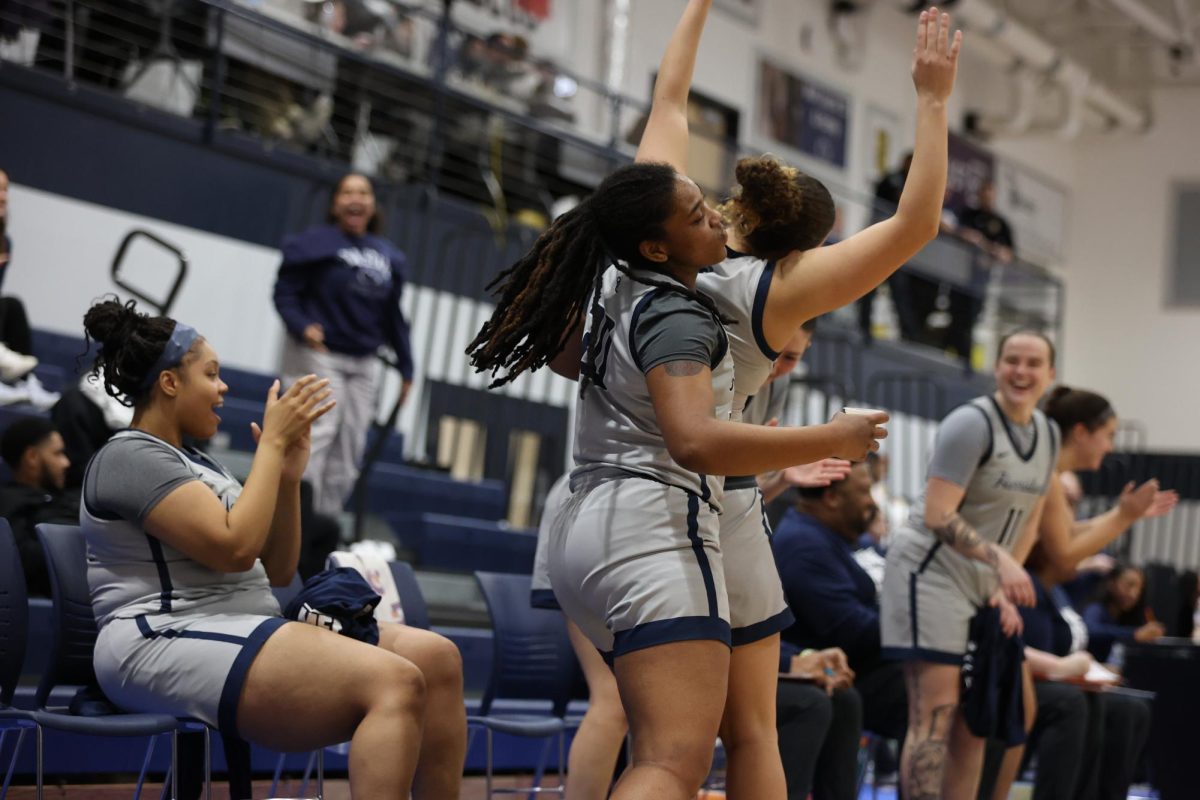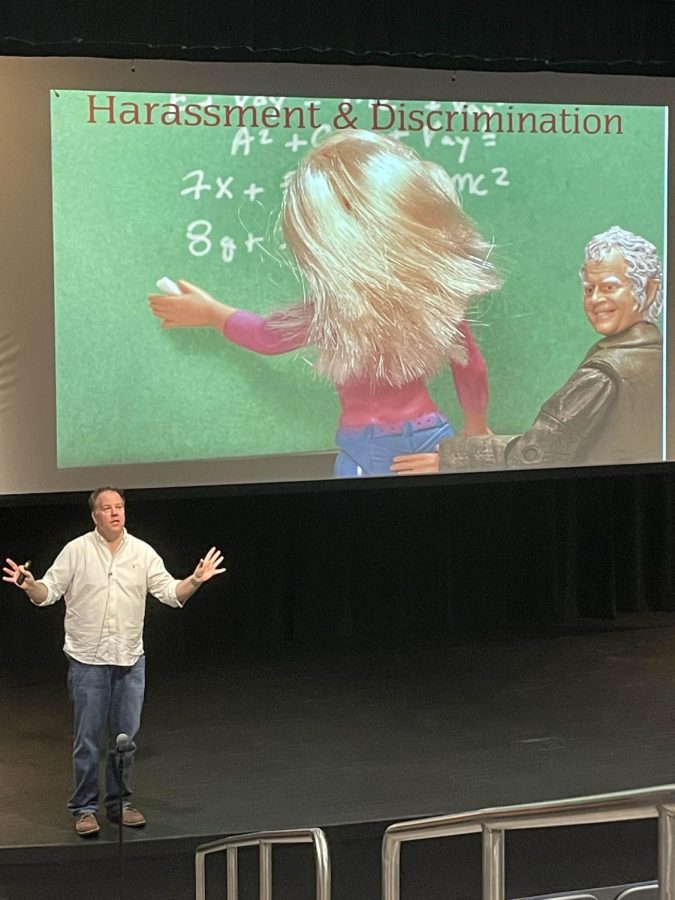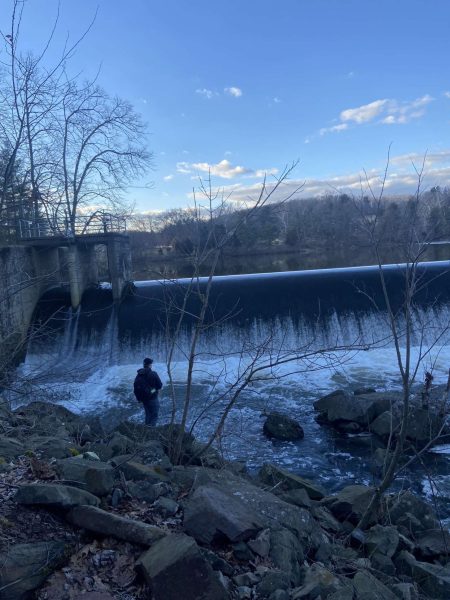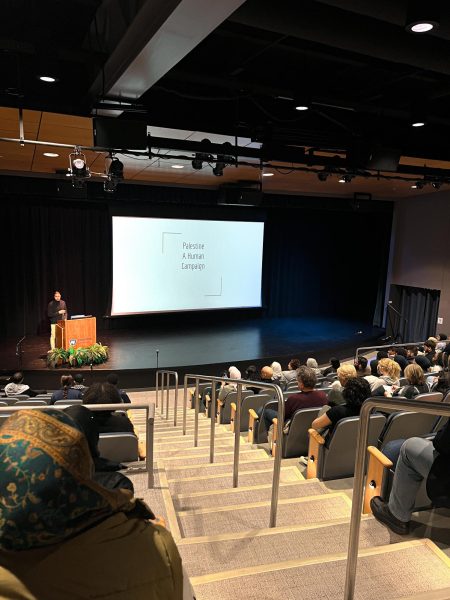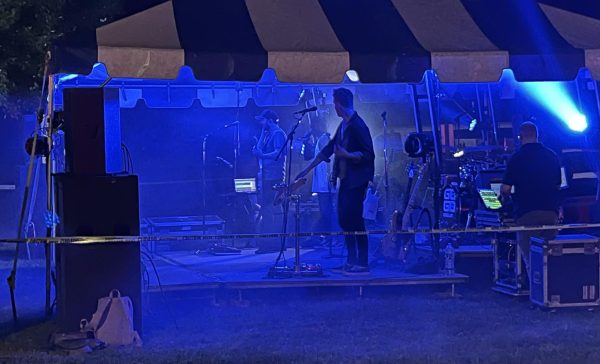Awkward Conversations: Sex and the Law
CL Lindsay speaks at the Kulkarni Theatre
Penn State Harrisburg hosted an event at the Kulkarni Theatre on September 13 about how sexual matters apply to local law. The event was hosted by CL Lindsay, an attorney who is an expert on legal matters in higher education. His book, The College Student’s Guide to the Law, is considered the foremost authority on legal trouble in college.
During the event, Lindsay was sure to highlight information about Title IX. Putting it simply, Title IX ensures that, in educational settings, no one can discriminate against you based on your gender or sexual orientation. This includes classes, sports, and campus work. For example, sports teams for men and women have to be funded equally with equal opportunities. Title IX also covers sexual harassment, both from fellow students and from faculty and staff.
Lindsay also shared what to do if you’re a victim of stalking. It’s important to note that stalking is always intentional and implies a threat to the victim, no matter the reason why. Lindsay advised that victims of stalking should highly consider a protective order. While the victim does have to show a violation of the law has occurred, once the order is in place, police can arrest the stalker if they disobey the order. Lindsay warned that the first week or so after filing a protective order could be the most dangerous time and to report any and all infractions. He also advised that victims of stalking should check their technology for malware, change their passwords, update their software, and, if able, get a whole new phone.
With drinking being a stereotypical activity for college students, Lindsay shared some tips about spiked drinking. Make sure you watch all your drinks being made or opened. Never leave your drinks unattended and if they get out of your sight for a moment, throw the drink away, no matter how much it cost. Avoid communal bowls and drinks from people you’re not familiar with. If a drink tastes different, especially if it suddenly tastes salty, it’s likely been spiked. However, Lindsay noted that one of the biggest drugs used in sexual assault is actually an excess of alcohol, so moderation is heavily encouraged.
In the case of someone being sexually assaulted, Lindsay shared the proper protocol for preserving evidence. Firstly, get to a safe location and to medical treatment. Medical professionals will offer a SANE exam to gather DNA and evidence. However, if you’re unsure about doing the exam, try to preserve as much evidence as you can. Don’t shower, bathe, douce, smoke, brush your teeth, take a drink of anything, or even wash your hands. Lindsay also recommended against changing clothes, but, if you need to, store the clothes in a paper bag instead of a plastic bag. He also noted that if the attacker is connected with Penn State, you can pursue a case through both Penn State and local law enforcement.
If a friend has been sexually assaulted and confides in you, Lindsay advises focusing on what they want. Listen closely to their story and ask before giving any advice or advocating for them. Don’t share any information with anyone else since spreading the story, as well-intentioned as it may be, could hurt their case or future cases of sexual assault.
Finally, Lindsay made sure to emphasize the role that bystander intervention plays in preventing sexual assault. Intervention by a third party, especially intervention that happens sooner rather than later, can often prevent sexual assault and help the victims get help safely. Lindsay recommended three methods to intervene: talking directly to the victim as a friend, distracting an attacker with some other fictional target, and delegating to someone who knows the victim or attacker better. While Lindsay cautioned to think about your own safety before intervening, he also encouraged creativity, noting that the best interventions happen without the attacker knowing.
If you’ve been a victim of stalking, sexual harassment, or sexual assault, students have multiple methods available to report the violation. Both local and university police will be notified when dialing 911. Students can make an online report at titleix.psu.edu or, if the filer wants to remain anonymous, at hotline.psu.edu. Students can also contact Harrisburg’s sexual misconduct resource person, Nicholas Paesano, at [email protected]. CAPS is also available to provide support to victims.

